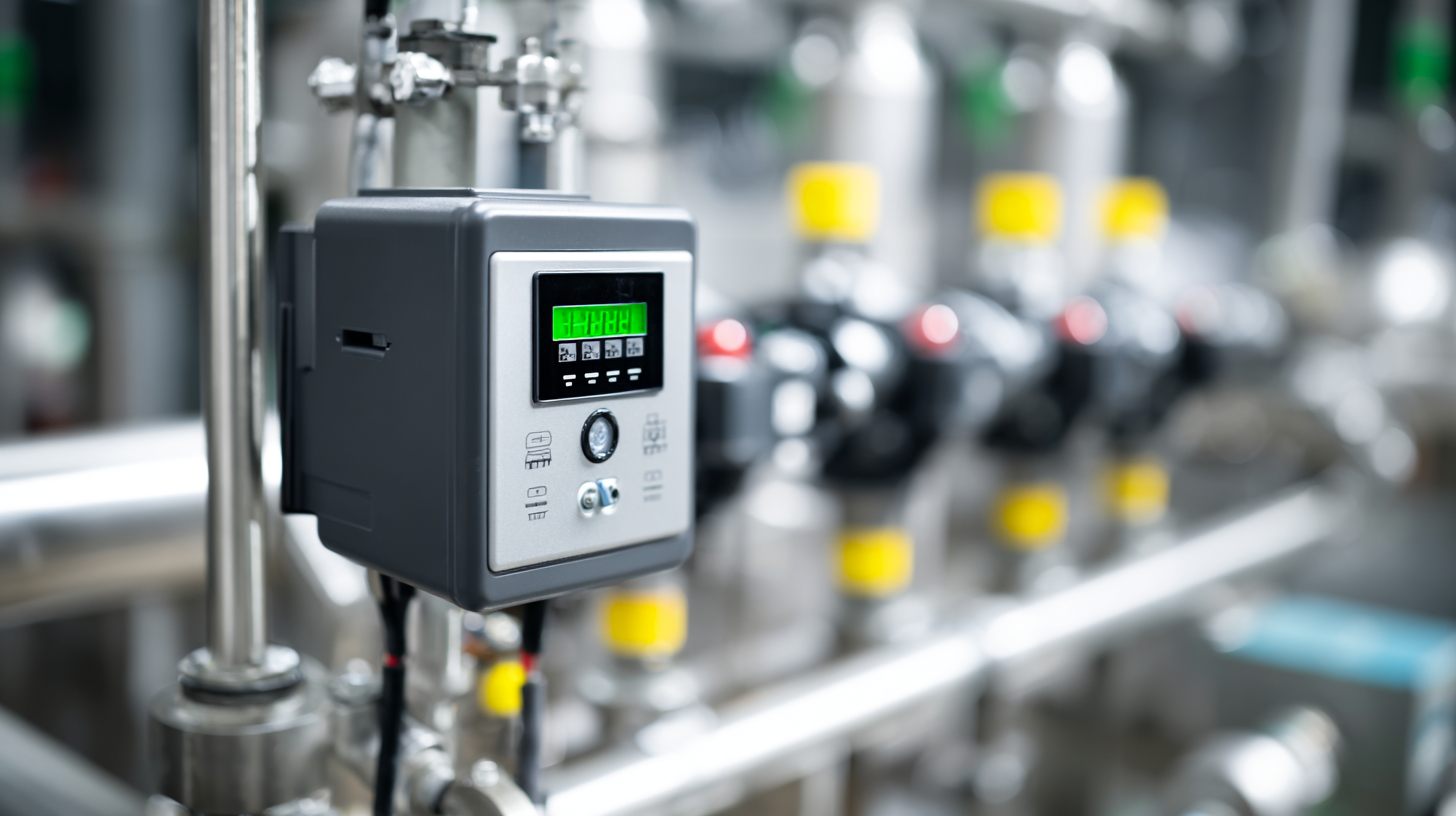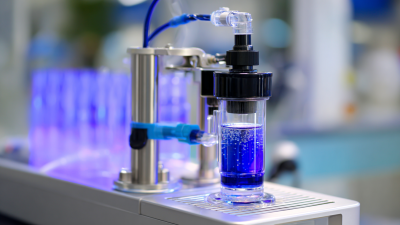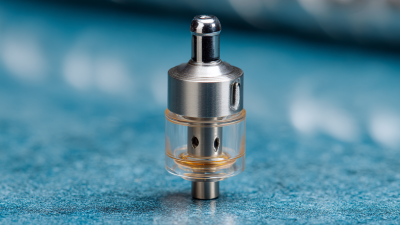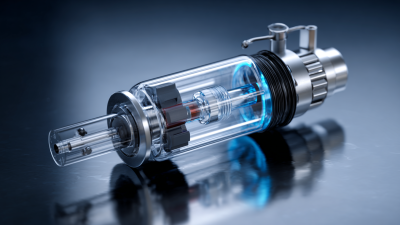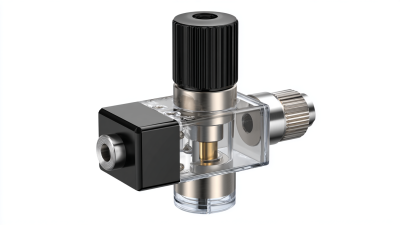In the realm of modern water treatment systems, the integration of pH dosing pumps has emerged as a pivotal advancement, enhancing both efficiency and efficacy in maintaining optimal water quality. According to a report by the Water Environment Federation, approximately 60% of wastewater treatment facilities now utilize automated pH control systems to ensure compliance with environmental regulations and improve the overall treatment process. These systems are increasingly recognized for their ability to accurately adjust pH levels, which is crucial in neutralizing acidic or alkaline contaminants. By utilizing pH dosing pumps, facilities can achieve greater precision in chemical dosing, leading to reduced chemical costs and minimized environmental impact. As the water treatment industry continues to evolve, the adoption of pH dosing pumps represents not only a technological upgrade but also a commitment to sustainable and effective water management practices.
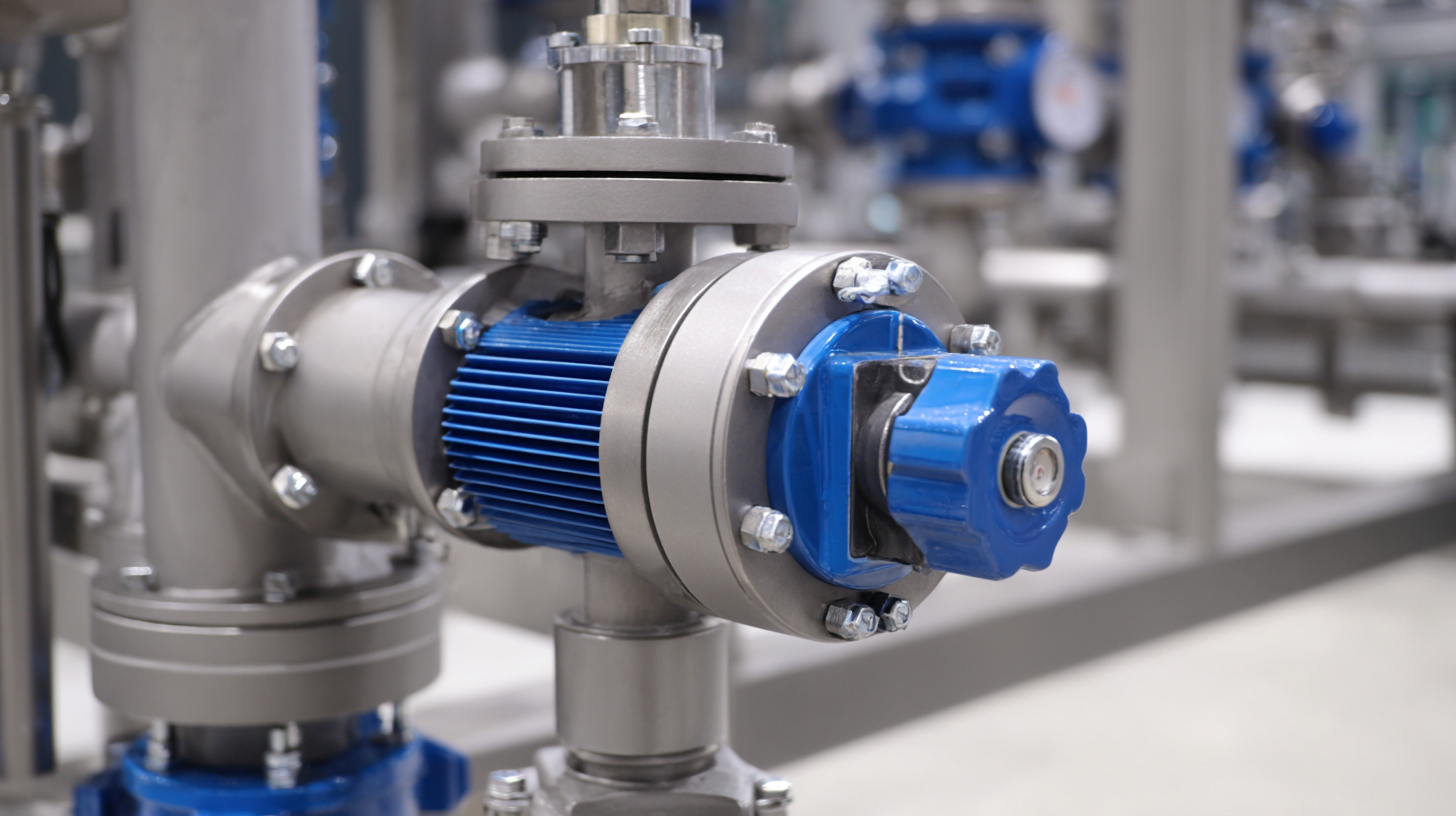
pH dosing pumps play a crucial role in modern water treatment applications, offering numerous benefits that enhance efficiency and effectiveness. With the metering pumps market projected to reach USD 8.5 billion by 2028, it is evident that the demand for reliable pH control solutions is on the rise. These pumps ensure precise chemical dosing to maintain optimal pH levels, which is vital for protecting infrastructure, improving water quality, and complying with environmental regulations.
One of the significant advantages of using pH dosing pumps is their ability to facilitate automation in water treatment processes. As technology advances, systems integrating IoT and Industry 4.0 principles are transforming traditional metering applications. For instance, ultrasonic systems that employ microbiological control and corrosion management have been successfully implemented in various plants, highlighting how innovative approaches can improve treatment outcomes. The integration of smart dosing pumps allows for real-time monitoring and adjustment, optimizing chemical usage and reducing waste, ultimately leading to better operational cost efficiency in water treatment facilities.
Modern pH dosing pump technologies play a crucial role in enhancing the efficiency and effectiveness of water treatment systems. These advanced devices are designed to automatically adjust the pH levels in water, ensuring optimal conditions for various treatment processes. By integrating features like real-time monitoring and automated feedback systems, modern pH dosing pumps can respond dynamically to fluctuations in water quality, thereby improving overall system performance.
One key feature of contemporary pH dosing pumps is their ability to incorporate advanced sensor technologies. Similar to autonomous water quality sensors in unmanned surface vehicles (USVs), these pumps utilize precise measurements to adjust chemical dosing accurately. This integration not only guarantees compliance with safety and environmental regulations but also minimizes the risk of chemical overuse, which can lead to adverse ecological impacts. Furthermore, with the growing trend of automation in industries, the smart dosing pumps are becoming essential tools in the efficient management of water resources, supporting sustainable practices in modern water treatment facilities.
| Feature | Description | Benefits |
|---|---|---|
| Automation | Automated pH dosing systems enable real-time monitoring and adjustments. | Improves consistency and efficiency in chemical dosing, reducing manual labor. |
| Precision | High-accuracy pumps ensure precise chemical dosing. | Facilitates optimal pH levels, enhancing treatment effectiveness. |
| Durability | Built with robust materials that withstand harsh chemical environments. | Provides long service life and reduces maintenance costs. |
| Integration | Easily integrates with existing water treatment systems. | Enhances overall system efficiency and functionality. |
| Safety Features | Includes built-in safety mechanisms to prevent over-dosing. | Minimizes risk of chemical exposure and environmental harm. |
pH dosing pumps play a crucial role in enhancing water quality and ensuring regulatory compliance in modern water treatment systems. These pumps facilitate precise chemical dosing, which helps maintain optimal pH levels within the water. According to a report by the Water Environment Federation (WEF), maintaining the correct pH is essential for preventing corrosive damage to pipes and equipment, thereby extending their lifespan and reducing maintenance costs. Furthermore, pH levels can directly influence the efficacy of other water treatment processes, such as coagulation and disinfection, highlighting the importance of accurate pH management.
Moreover, the use of pH dosing pumps helps facilities meet stringent environmental regulations. The Environmental Protection Agency (EPA) sets specific pH limits for discharges to protect aquatic life and water quality. By utilizing automated pH dosing systems, treatment plants can consistently monitor and adjust pH levels in real time, ensuring compliance with these regulations. A study published in the Journal of Water Resources Management found that facilities employing advanced dosing systems reduced their non-compliance incidents by 30%, significantly mitigating the risk of fines and improving overall environmental stewardship. This not only supports legal compliance but also enhances public trust in water quality management efforts.
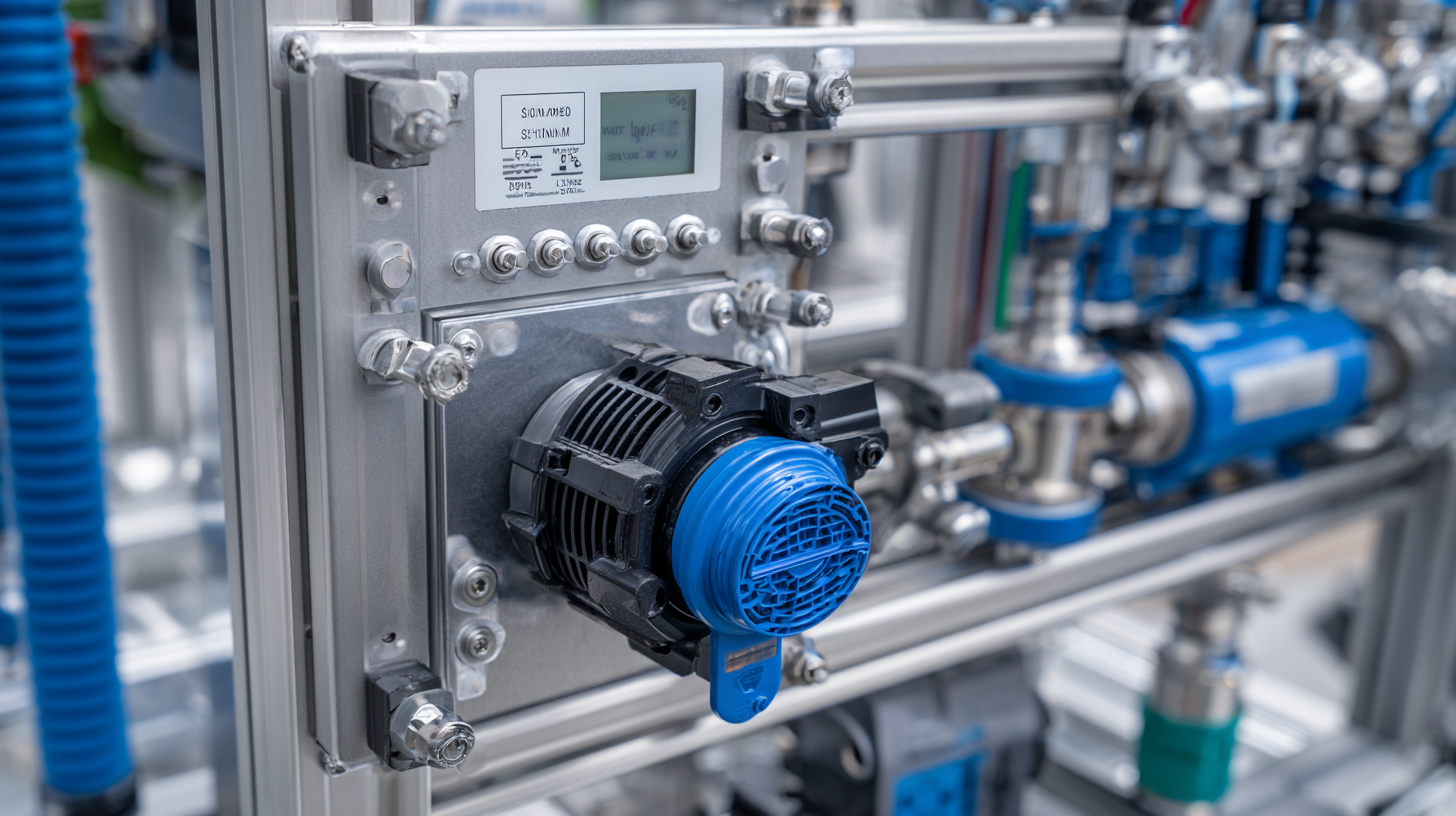 In modern water treatment systems, the integration of pH dosing pumps has become essential for ensuring both cost-effectiveness and enhanced efficiency. These systems allow for precise control of pH levels, which is crucial in maintaining optimal conditions for various treatment processes. By automating pH adjustments, facilities can minimize chemical waste and reduce the quantity of reagents needed, leading to substantial savings in operational costs. This automation not only cuts down on labor costs but also enhances the overall accuracy and reliability of pH management, mitigating the risks associated with human error.
In modern water treatment systems, the integration of pH dosing pumps has become essential for ensuring both cost-effectiveness and enhanced efficiency. These systems allow for precise control of pH levels, which is crucial in maintaining optimal conditions for various treatment processes. By automating pH adjustments, facilities can minimize chemical waste and reduce the quantity of reagents needed, leading to substantial savings in operational costs. This automation not only cuts down on labor costs but also enhances the overall accuracy and reliability of pH management, mitigating the risks associated with human error.
Moreover, the efficiency gains from pH dosing systems are significant. Automated dosing pumps can respond in real time to fluctuations in water chemistry, ensuring that pH levels remain within the desired range. This responsiveness can lead to more efficient treatment cycles and improved performance of downstream processes, such as filtration and disinfection. As a result, water treatment facilities can achieve higher throughput while maintaining compliance with regulatory standards. The combination of reduced costs and improved operational efficiency makes pH dosing pumps an invaluable component of contemporary water treatment solutions.
pH dosing pumps have emerged as a modern solution in water treatment systems, providing several advantages over traditional methods. Unlike conventional approaches that often rely on manual adjustments and less precise chemical dosing, pH dosing pumps automate the process, ensuring accurate and consistent pH levels in water treatment. This automation not only enhances the efficiency of treatment systems but also minimizes the risk of human error, leading to better compliance with environmental regulations.
A comparative analysis of pH dosing pumps with traditional methods highlights significant benefits. Traditional methods can suffer from variability due to human intervention and fluctuations in water quality. In contrast, pH dosing pumps utilize real-time monitoring and adjustment capabilities, allowing for responsive changes based on the specific needs of the water being treated. Additionally, similar to the advancements seen in pharmaceutical treatments where proton pump inhibitors provide precise acid regulation, pH dosing pumps contribute to a more controlled and effective management of water chemistry. This shift towards precision in both health treatment and environmental management underscores the importance of innovative technology in achieving optimal outcomes.
